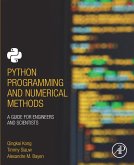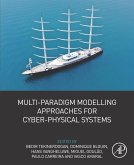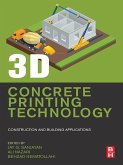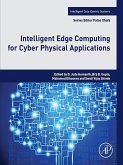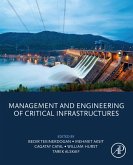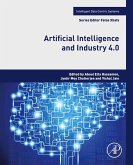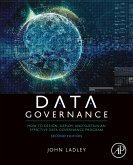Introduction to Python and Spice for Electrical and Computer Engineers introduces freshman and sophomore engineering students to programming in Python and Spice through engaged, problem-based learning and dedicated Electrical and Computer Engineering content. This book draws its problems and examples specifically from Electrical and Computer Engineering, covering such topics as matrix algebra, complex exponentials and plotting using examples drawn from circuit analysis, signal processing, and filter design. It teaches relevant computation techniques in the context of solving common problems in Electrical and Computer Engineering.This book is unique among Python textbooks for its dual focus on introductory-level learning and discipline-specific content in Electrical and Computer Engineering. No other textbook on the market currently targets this audience with the same attention to discipline-specific content and engaged learning practices. Although it is primarily an introduction to programming in Python, the book also has a chapter on circuit simulation using Spice. It also includes materials helpful for ABET-accreditation, such information on professional development, ethics, and lifelong learning. - Introduces Electrical and Computer Engineering-specific topics, such as phasor analysis and complex exponentials, that are not covered in generic engineering Python texts - Pedagogically appropriate for freshmen and sophomores with little or no prior programming experience - Teaches both scripts and functions but emphasizes the use of functions since scripts with nonscoped variables are less-commonly encountered after introductory courses - Covers graphics before more abstract programming, supporting early student confidence - Introduces Python commands as needed to solve progressively more complex EE/ECE-specific problems, and includes over 100 embedded, in-chapter questions to check comprehension in stages
Dieser Download kann aus rechtlichen Gründen nur mit Rechnungsadresse in A, B, BG, CY, CZ, D, DK, EW, E, FIN, F, GR, HR, H, IRL, I, LT, L, LR, M, NL, PL, P, R, S, SLO, SK ausgeliefert werden.



